 Adolphus Hotel Orchestra
Adolphus Hotel Orchestra
Entry Category: Music
 Adolphus Hotel Orchestra
Adolphus Hotel Orchestra
Allison, Luther
Altheimer, Joshua
Arkansas [Album]
Arkansas Chamber Singers
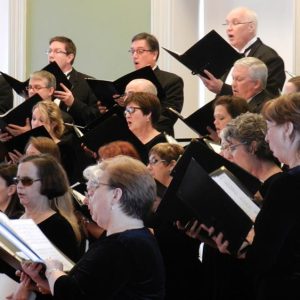 Arkansas Chamber Singers
Arkansas Chamber Singers
 Arkansas Chamber Singers
Arkansas Chamber Singers
Arkansas River Blues Society
Arkansas Symphony Orchestra
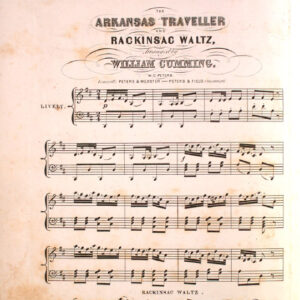 Arkansas Traveler Music
Arkansas Traveler Music
Arkansas Waltz
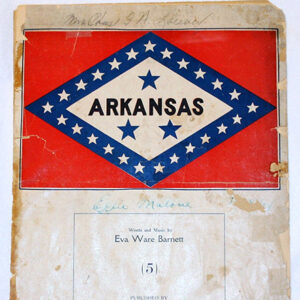 "Arkansas" by Eva Ware Barnett's
"Arkansas" by Eva Ware Barnett's
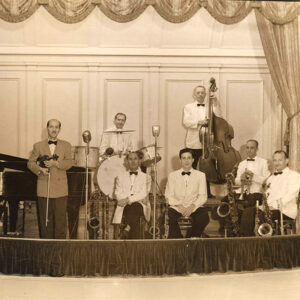 Arlington Orchestra
Arlington Orchestra
Ashley, Hubert Carl (Hugh)
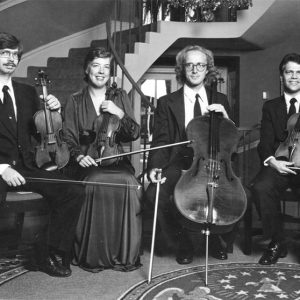 ASO String Quartet
ASO String Quartet
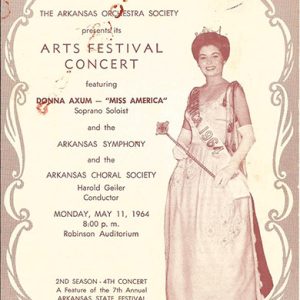 Donna Axum Concert Announcement
Donna Axum Concert Announcement
Band Museum
 Band Museum
Band Museum
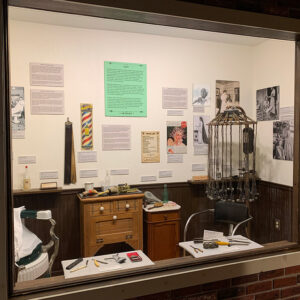 Barbershop/Beauty Parlor Display
Barbershop/Beauty Parlor Display
Barnes, Bruce “Sunpie”
Bartlett, E. M.
aka: Eugene Monroe Bartlett Sr.
Bazooka [Musical Instrument]
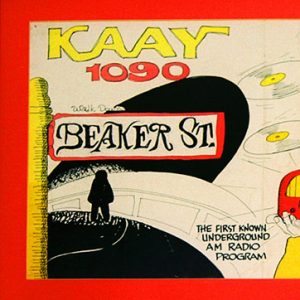 Beaker Street Promo
Beaker Street Promo
Beatles, Stopover of the
Bell, Al
aka: Alvertis Isbell
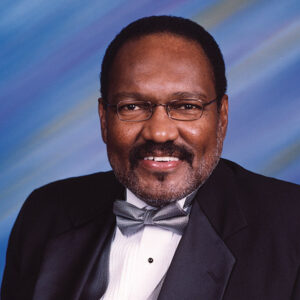 Al Bell
Al Bell
Bennett, Alvin Silas (Al)
Black Oak Arkansas
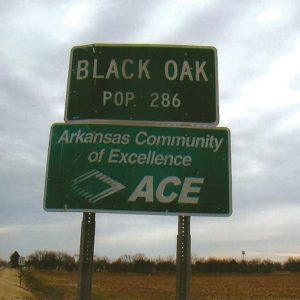 Black Oak Sign
Black Oak Sign
Blues Music
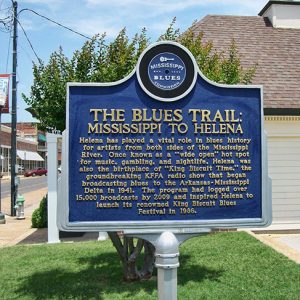 Blues Trail Sign
Blues Trail Sign
Boston, Gretha Denise
Bowie, Lester Jr.
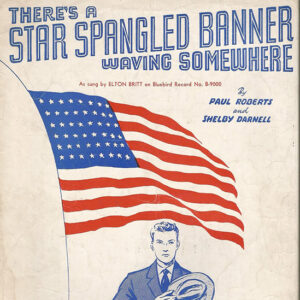 Britt Sheet Music
Britt Sheet Music
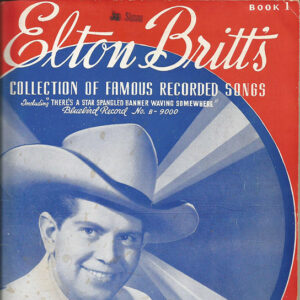 Britt Songbook
Britt Songbook
Britt, Elton
aka: James Elton Baker
Brockwell Gospel Music School
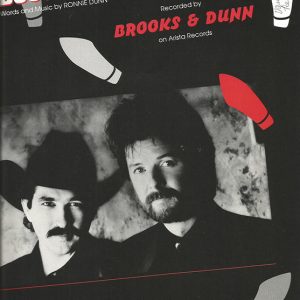 Brooks and Dunn Music
Brooks and Dunn Music
Broonzy, “Big Bill”
aka: William Conley Lee Broonzy
Brown, Jim Ed
Brown, Maxine
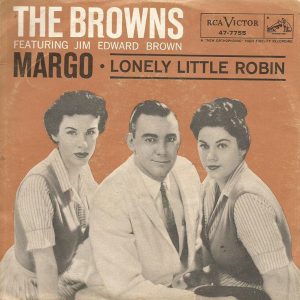 Single by the Browns
Single by the Browns
Browns, The
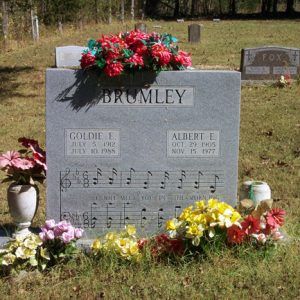 Brumley Gravesite
Brumley Gravesite
Brumley, Albert Edward
Buchanan, Roy
aka: Leroy Buchanan
Bunch, William
aka: Peetie Wheatstraw
Burgess, Sonny
aka: Albert Austin Burgess
 Billy Don Burns
Billy Don Burns




